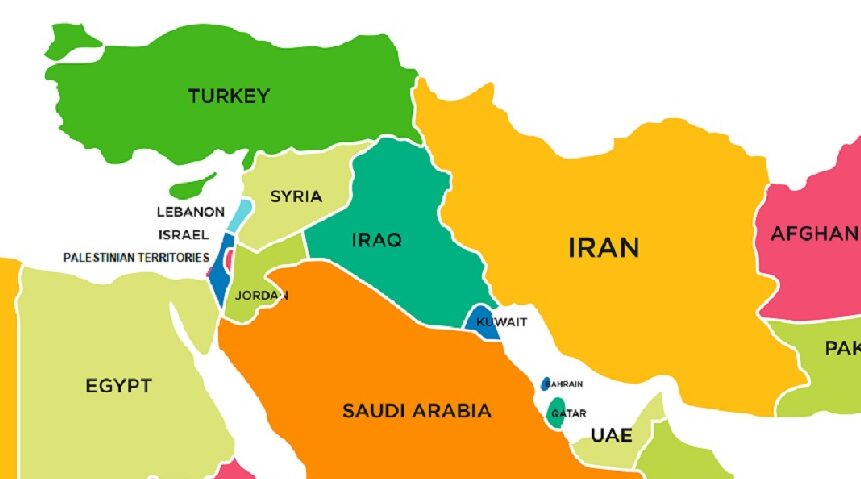How Iran Escalates the Security Situation in the West Bank
Ma’ariv, Israel, June 23
The Iranian regime’s ambition to extend its conflict with Israel to the West Bank came to the fore in mid-June when the heads of Islamic Jihad and Hamas met with top officials in Tehran. Tensions in the West Bank saw a sharp upturn because of these discussions, with the Iranian leader underlining the importance of the West Bank in the fight against Israel, declaring that “the foremost factor in overcoming the Israeli state is the fortitude of resistance groups on the West Bank.” Iran’s attempts to extend the conflict to the West Bank have a long history. In July 2014, the country’s leader declared on Jerusalem Day that “the only way to resolve the issue of Israel is through its eradication and destruction.” He then added that those who care for the fate of Palestine should ensure people in the West Bank are armed in a similar fashion to those in Gaza. The Revolutionary Guards, headed by the late Qasem Soleimani, strove to make this wish a reality, coordinating activities with Lebanon’s Hezbollah and aiming to enlist Israeli Arabs into its ranks. Since then, Iranian propaganda has continued to reiterate this message, which is broadcast in multiple languages to various audiences, making clear that “the West Bank must be armed like Gaza.” In one of his last interviews, Soleimani declared that “broadening the theater of conflict to the West Bank is a critical element of confronting Israel.” Iranian Supreme Leader Khamenei underscored the urgency of making the West Bank on par with Gaza; he emphasized that there should be no distinction between the two regions. Each round of conflict in Gaza only seemed to increase the impetus to carry out this directive. Iran perceives the West Bank as an integral component in its efforts to contain Israel, simultaneously aiming to deter the nation in both an ideological and security sense—taking up arms against Israel and Zionism and defending its nuclear program which it believes will guarantee the regime’s endurance. To this end, Iran implores countries of the Muslim faith, with a particular focus on those that have formalized ties with Israel and those that are in the middle of doing so, to suspend the process and join in the endeavor to aid Palestinians. Iran views the current judicial reforms in Israel as evidence of Israel’s internal and security frailties. To bolster this perception and share it with targeted audiences in Iran and the Arab Muslim region, Iran frequently quotes former Israeli military and political leaders who highlight the reform’s threat to Israel’s existence, safety, and welfare. To that end, Iran devotes substantial effort daily to monitor the media in Israel and abroad—newspapers, radio stations (including regional ones), television, and research institutes—to draw attention to security, political, and economic factors primarily in a negative light. Iran has been leveraging various materials to run a concerted campaign on social media to try to pit the citizens of Israel against each other. Tweets in Hebrew can often be sloppy, but there has been an improvement of late. The goal of this operation is to spread hopelessness among the Israeli public regarding Israel’s security and economic situation. Meanwhile, Iran-backed operatives have reportedly tried to enlist Israeli citizens to help amplify their subversive messages on social networks. In conclusion, Iran positions itself as a superpower in comparison to Israel and its ally the US. Cascading successes in the nuclear program, alongside regional and international developments, have enabled the Iranian regime to dictate the terms of a shaky and temporary nuclear arrangement with the US. Unfortunately, this deal could result in billions of dollars being funneled to Iranian funds while simultaneously disregarding American and European sanctions related to oil exports. These funds could then be used to aid terrorism and suppress opposition organizations both within and outside of Iran. —Michael Segal (translated by Asaf Zilberfarb)

